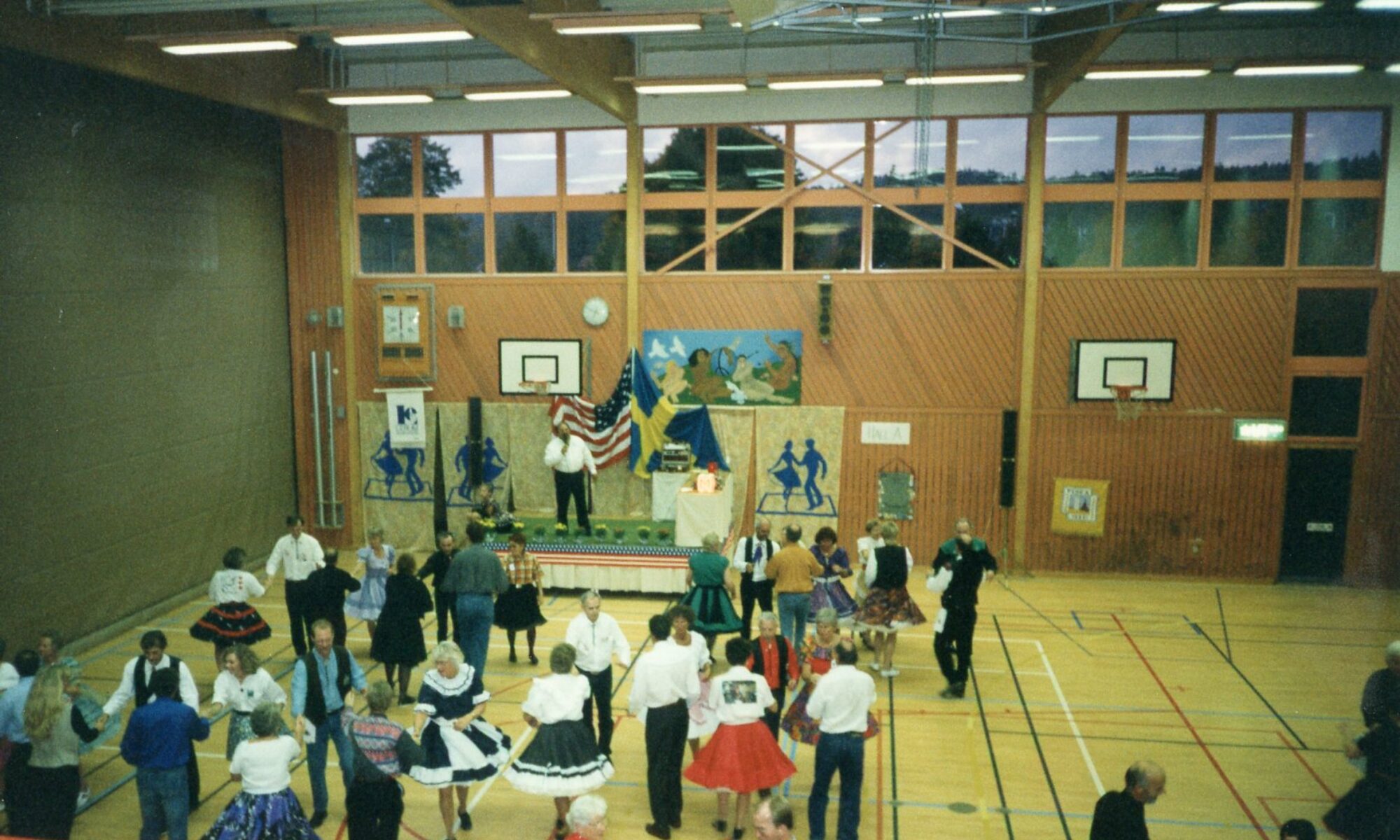Near Relations Meaning
How come men fall-in love? Do close communication truly develop effective relationships? Were boys really from Mars and women from Venus? Mentioned are some of the fascinating inquiries that social psychologists try to address. Indeed, the research of near relationships is very vital domains in personal mindset over the past a number of many years.
But what become close interactions wyszukiwanie mate1? As it happens that answering this question is less as simple this indicates. One important idea, created by Harold Kelley and John Thibaut from inside the 1960s and 1970s, describes close affairs in terms of interdependence. Near relations change from creating acquaintances from the powerful method by which the wellbeing and mental processes of a single specific resonate with, and so are tied to, alike steps in another people. Moreover, close relationships were characterized by fairly higher levels of rely on, adore, insights, willpower, and closeness. But close relations by themselves separate into two further groups: platonic relationships versus passionate relationships. Romantic connections differ from near platonic friendships in two major ways. Initially, romantic connections retain the components of intercourse and warmth, and 2nd, individuals are generally involved with just one intimate connection at once. Relationships tends to be intense and are usually of huge psychological benefits in life, but the majority analysis in social psychology might dedicated toward recognition romantic relationships. Appropriately, this entry focuses on this domain name in this synopsis.
A brief overview of Close Interactions Analysis
a social psychological way of shut interactions focuses primarily on the communication between two individuals, having to pay attention to both behavior and what goes in people’s brains (emotions and cognitions). Within social mindset, to the later part of the, studies into connections concentrated on interpersonal attraction; particularly, what facets lead individuals to end up being interested in each other at preliminary levels of connection development? These studies tended to end up being atheoretical and the effects look over like a shopping directory of factors that impact destination, like similarity, proximity, bodily elegance, and so on. During the the mental Zeitgeist moved toward the analysis regarding the much deeper difficulty built-in from inside the development, repair, and dissolution steps of dyadic romantic relationships. This change is prompted by a number of crucial developments. 1st, John Gottman as well as others in the clinical neighborhood began data that, the very first time, observed and thoroughly determined the dyadic interchanges of married people in an attempt to predict who would divorce. Next, Zick Rubin among others turned thinking about admiration and created trustworthy scales which could measure the idea. Third, Harold Kelley directed a team of personal psychologists in creating a seminal book posted in 1983 (Close relations), which presented the most important full-blooded therapy of close affairs from an interactional, personal psychological views.
Societal psychological study in therapy during the last two decades has been designated by three big advancements. 1st, there has been a surge of efforts focused on knowing the character that personal cognition (opinions, cognitive processes, etc.) and feelings play in close connections. This jobs enjoys borrowed theories and techniques from both social and intellectual mindset. 2nd, there has been a burgeoning fascination with how accessory and connection processes contribute to mature passionate relations. Attachment study in grownups appropriated the basic theories from work with by John Bowlby and Mary Ainsworth concerning infant-caregiver attachment ties. Third, the study of social attraction (relating to enchanting relationships, it is typically labeled lover choices) enjoys once again being a hot subject, but in brand-new banner of evolutionary therapy. This process lies in the evolutionary efforts of Darwin, it might honed into contemporary social mental guise by figures for example David Buss and Jeffry Simpson.
Therefore, as can be seen, personal psychologists have actually freely lent off their domain names in learning near relationships. However, this technique try a two way street, with personal mental investigation and theorizing getting brought in back to and enriching these exact same domain names. Societal psychologists are making crucial contributions in four significant domain names: exactly how people determine their particular friends, adore and engagement, communications and connection communicating, and gender variations in the context if romantic relationships. Every one of these domains might be mentioned right here.
